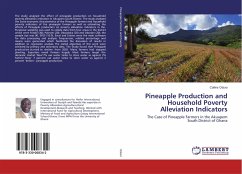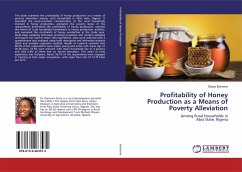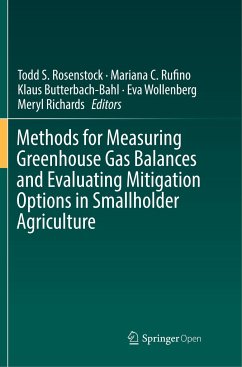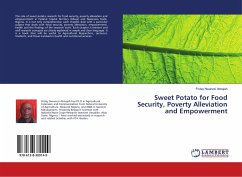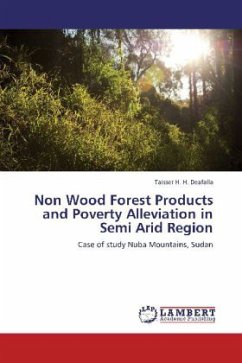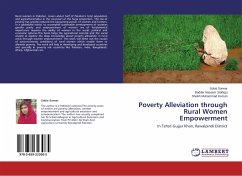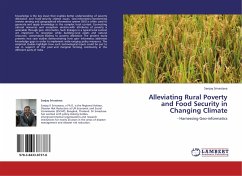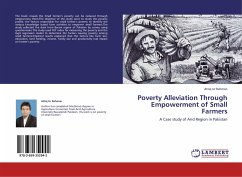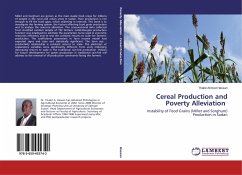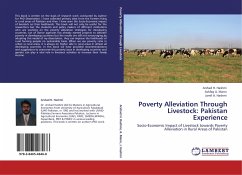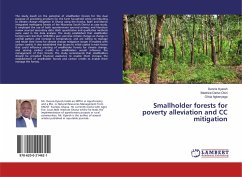
Smallholder forests for poverty alleviation and CC mitigation
Versandkostenfrei!
Versandfertig in 6-10 Tagen
27,99 €
inkl. MwSt.

PAYBACK Punkte
14 °P sammeln!
The study dwelt on the potential of smallholder forests for the dual purpose of providing products for the farm household while contributing to climate change mitigation in Ghana using the Kranka, Baafi and Manso integrated mahogany forests of the Nkoranza South District as case study. It employed the use of both questionnaire sourced primary and literature review sourced secondary data. Both quantitative and qualitative methods were used in the data analysis. The study established that smallholder farmers earn less than GH 200 a year, perceive climate change as change in rainfall pattern and ...
The study dwelt on the potential of smallholder forests for the dual purpose of providing products for the farm household while contributing to climate change mitigation in Ghana using the Kranka, Baafi and Manso integrated mahogany forests of the Nkoranza South District as case study. It employed the use of both questionnaire sourced primary and literature review sourced secondary data. Both quantitative and qualitative methods were used in the data analysis. The study established that smallholder farmers earn less than GH 200 a year, perceive climate change as change in rainfall pattern and increase in temperature, and are willing to manage and retain their farms for climate change mitigation longer if enabled with carbon credits. It also established that access to initial capital is main factor that could influence planting of smallholder forests for climate change, and serving carbon credits to smallholders would influence the management of their forests. The study recommendsthat smallholders should be provided financial assistance to enable them increase the establishment of smallholder forests and carbon credits to enable them manage the forests.





